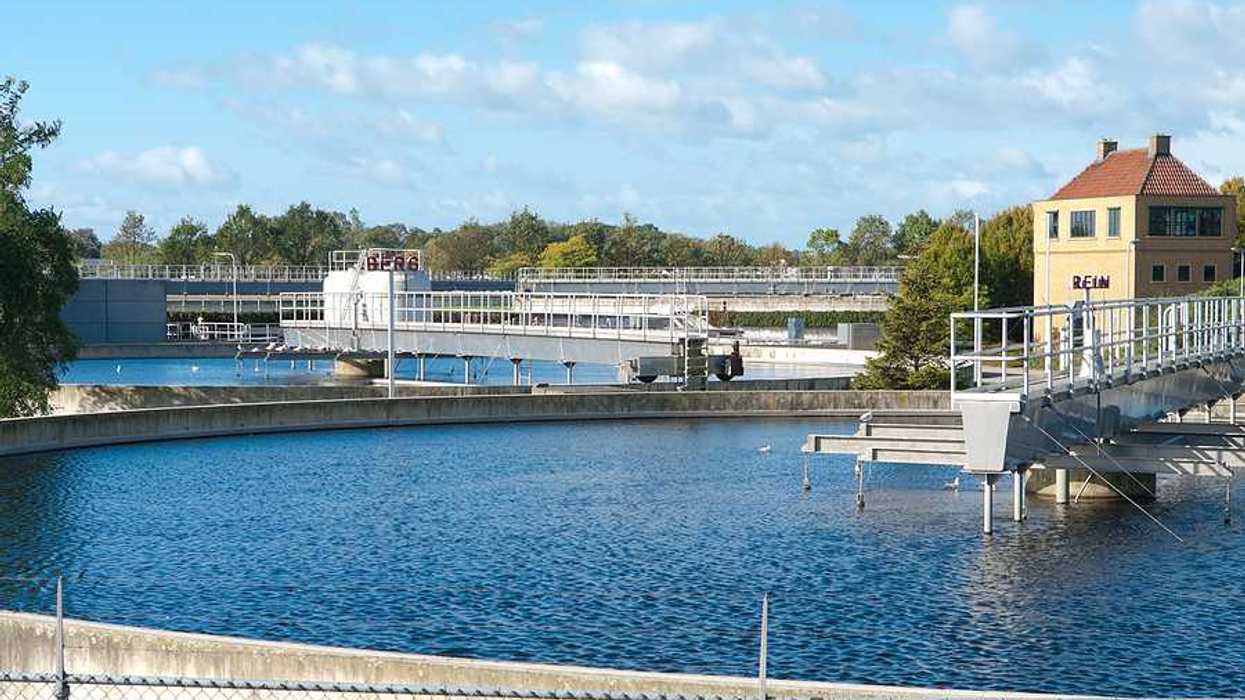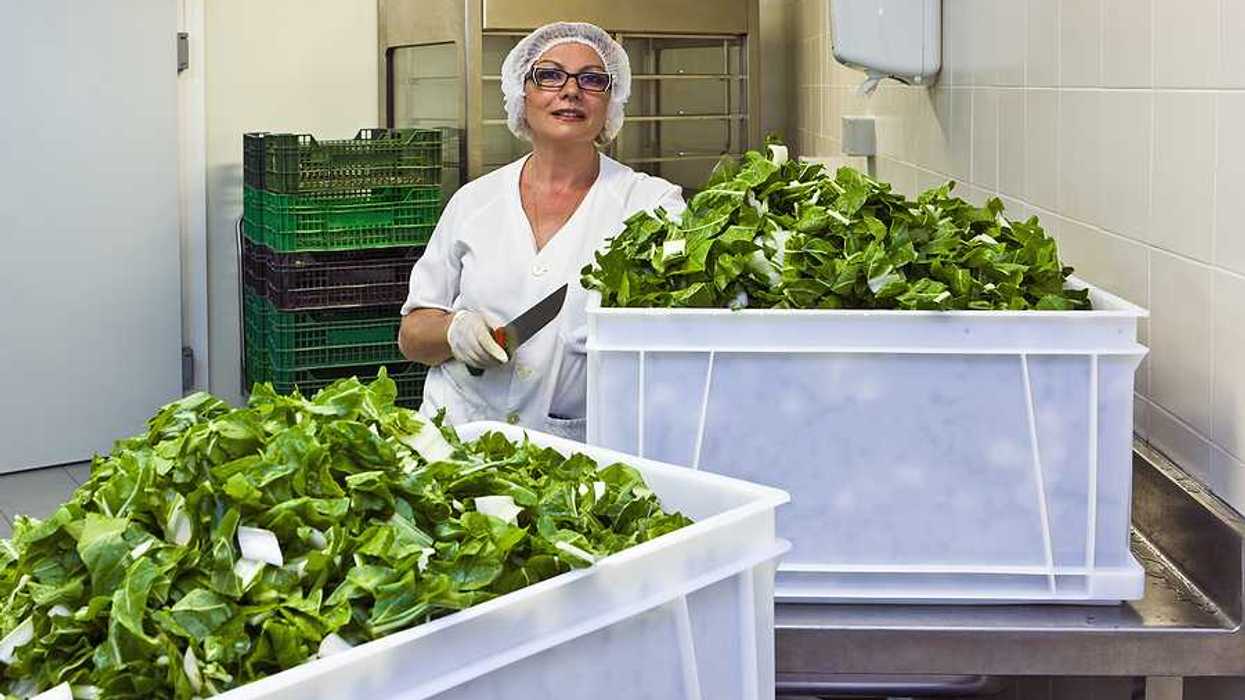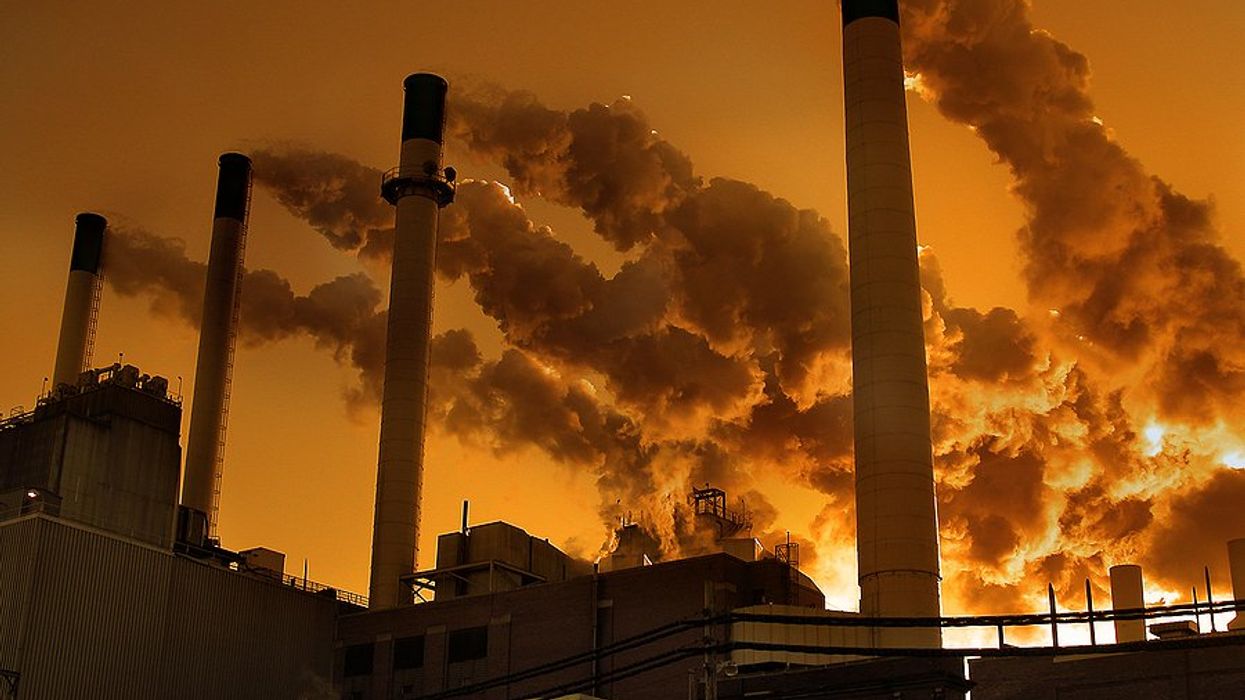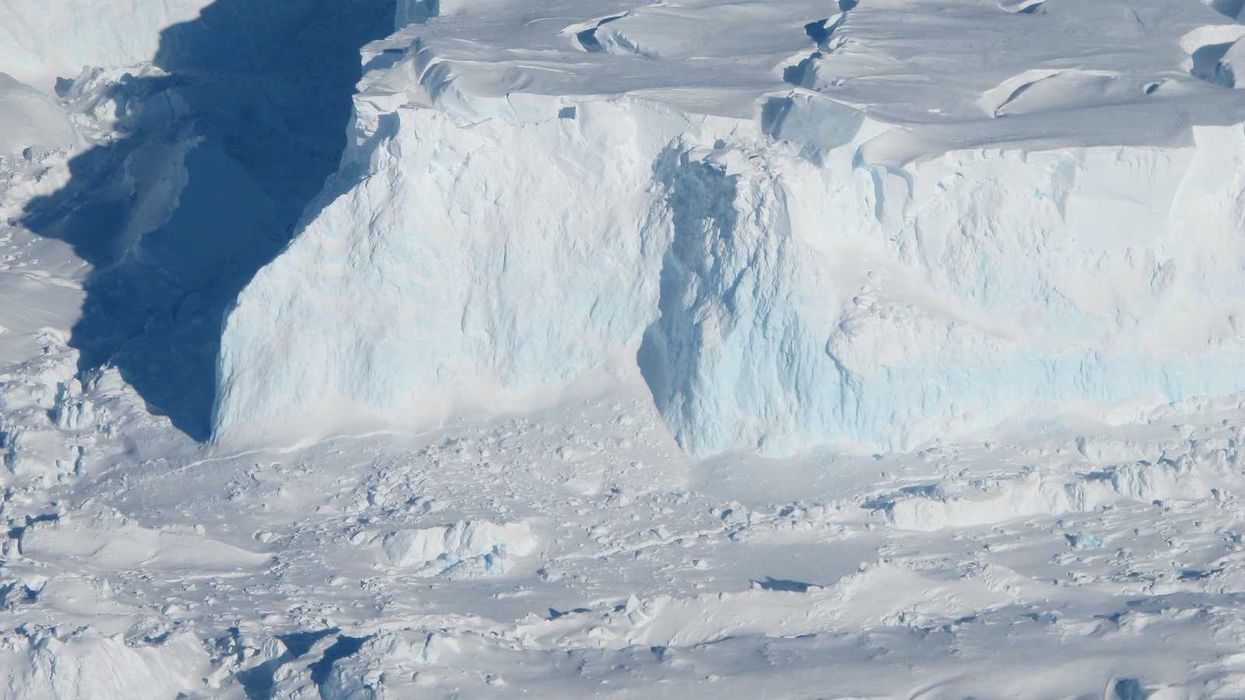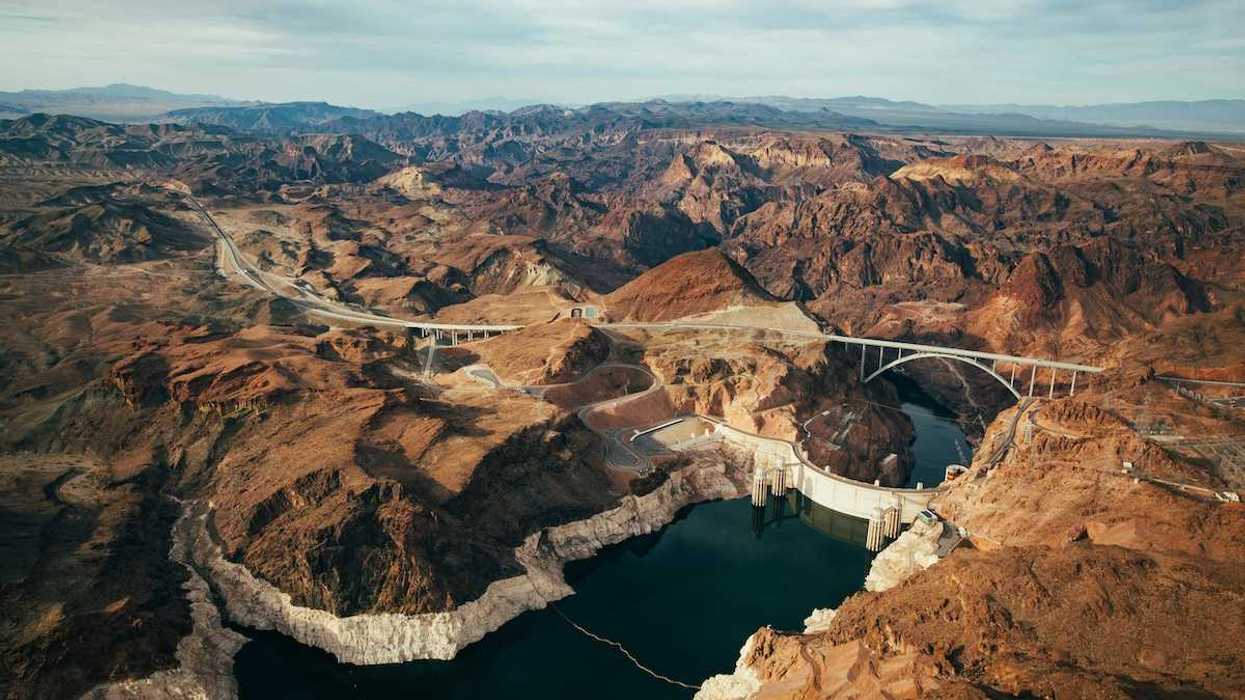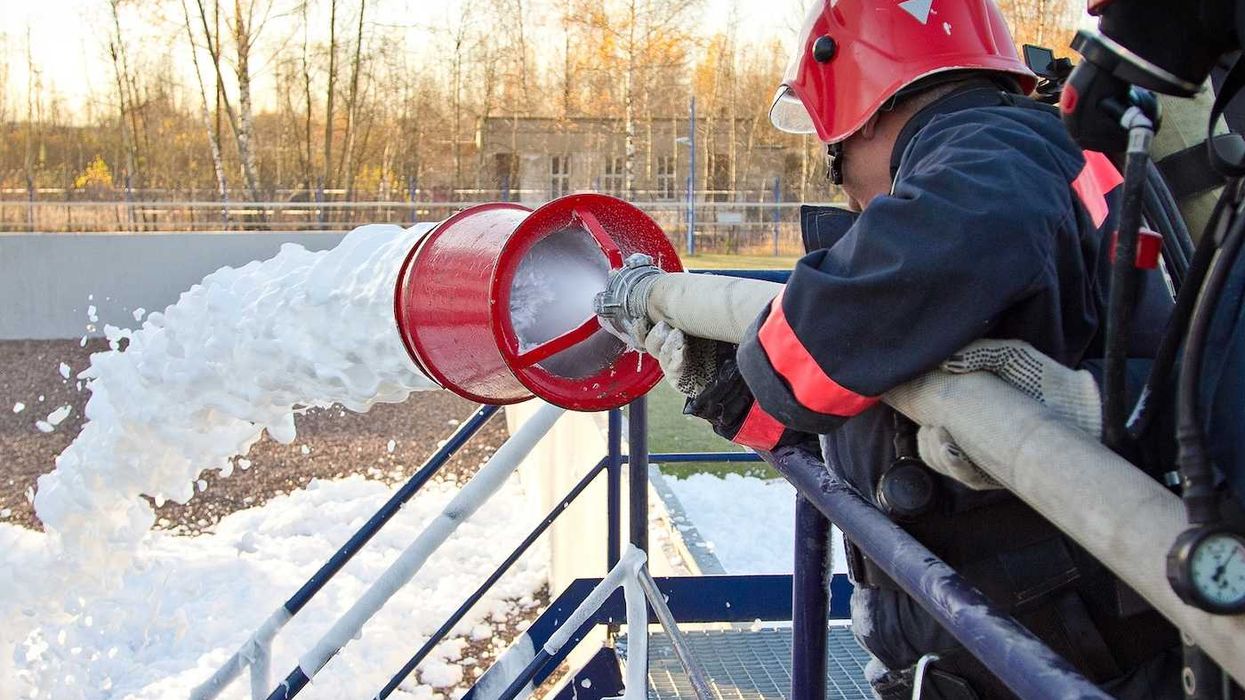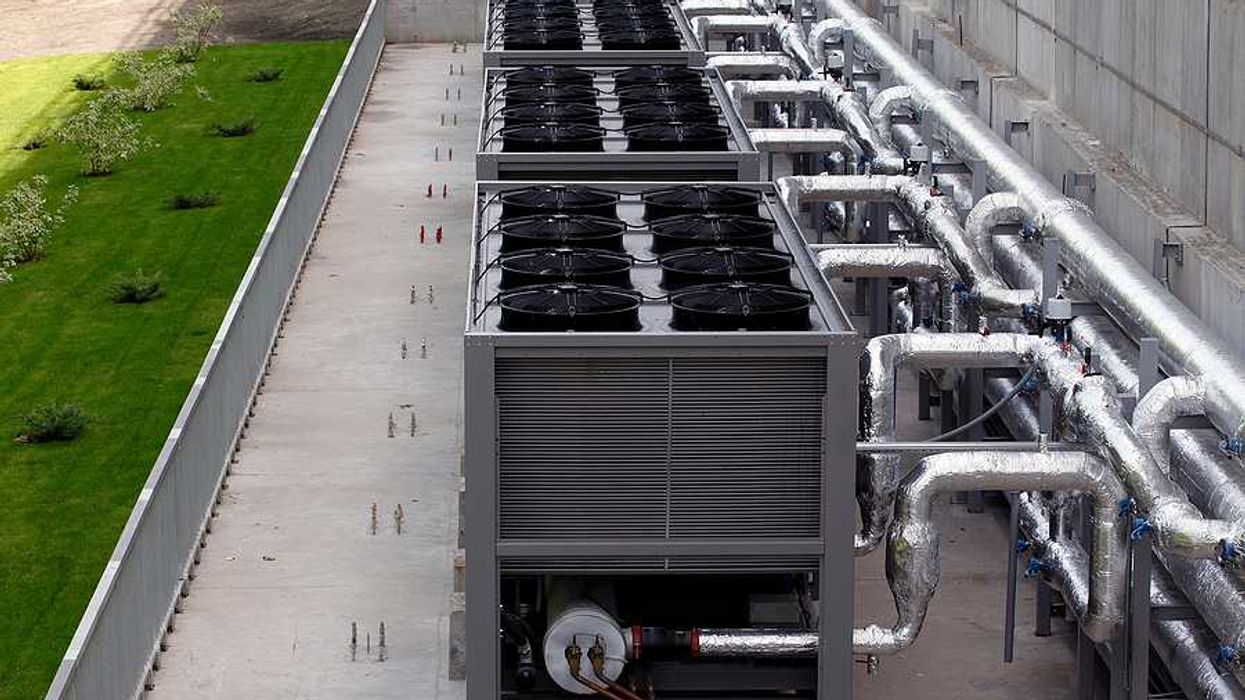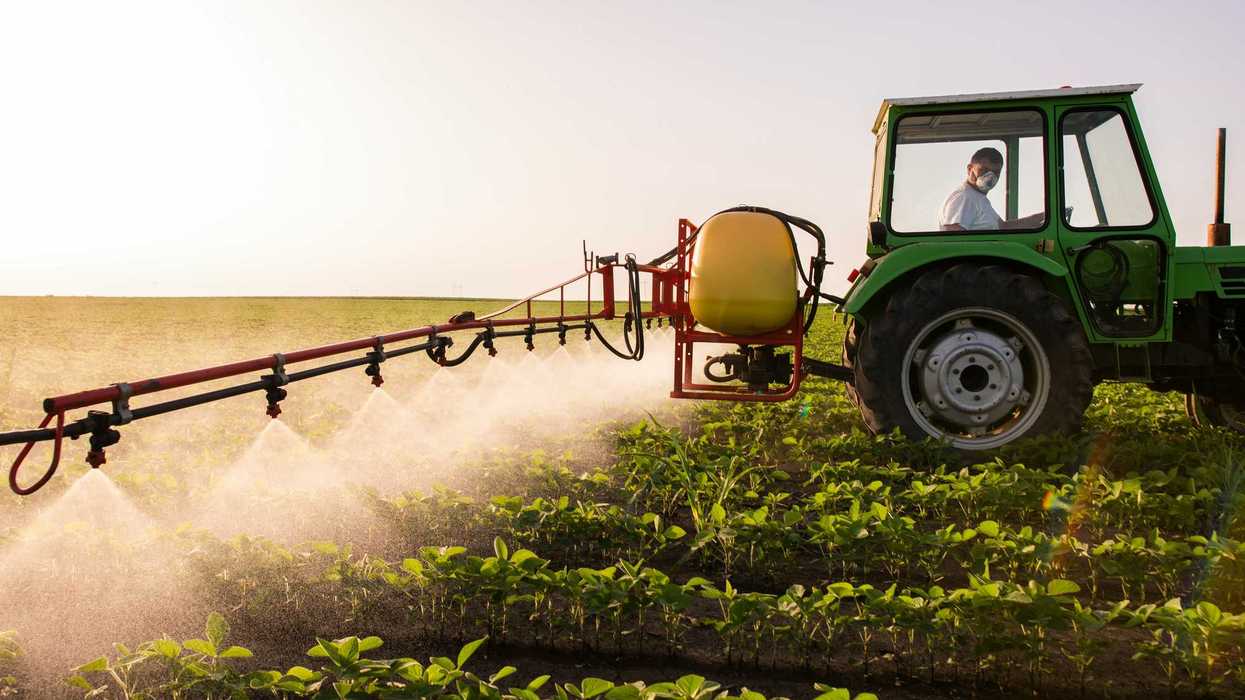Amid Texas’ deepening water shortages, a West Texas firm is pushing to recycle fracking wastewater for farming, though skeptics question the safety and feasibility of the plan.
Carlos Nogueras Ramos reports for The Texas Tribune.
In short:
- Texas Pacific Water Resources (TPWR) has developed a treatment process to clean fracking wastewater, or "produced water," so it can be reused for agricultural purposes; tests showed no contaminants in treated soil or plants.
- The state’s growing population, climate stress, and aging infrastructure have created urgent water shortages, prompting both legislative funding and private innovation like TPWR’s.
- Critics warn that despite promising tests, scaling up produced water treatment poses technical, environmental, and regulatory challenges that could take years to resolve.
Key quote:
“We need to take our time and be really, really careful about this and build a lot of trust around it if this is the path that we're going to go down.”
— Jennifer Walker, senior director of the Texas Coast and Water Program at the National Wildlife Federation
Why this matters:
The Permian Basin produces millions of gallons of wastewater daily as a byproduct of oil and gas extraction. This "produced water" contains hundreds of contaminants, including salts, hydrocarbons, heavy metals, and sometimes radioactive materials. Treating and reusing it could relieve pressure on dwindling freshwater supplies, especially for agriculture, which is a major water consumer in drought-prone Texas. But transforming this polluted water into a reliable, safe resource is fraught with technical hurdles. Treatments must address complex, variable chemistry, and the long-term effects of using treated water on soil health, crops, and ecosystems remain uncertain. Environmentalists caution that regulatory oversight must evolve alongside scientific advances to ensure public and ecological safety.
Related EHN coverage: Fractured: Harmful chemicals and unknowns haunt Pennsylvanians surrounded by fracking


